Faculty Viewpoints
How George Floyd’s Murder Galvanized Corporate America
A year after the killing sparked a wave of protest, Yale SOM leadership expert Jeffrey Sonnenfeld sees signs of a lasting change in corporate attitudes about racial justice.
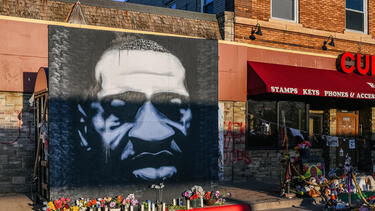
How Finding a Mentor—or Even Better, a Sponsor—Can Accelerate Your Career
In an excerpt from her book Social Chemistry: Decoding the Patterns of Human Connection, Prof. Marissa King explains how a more experienced colleague can help propel your career.

Video: Police-Citizen Trust Is a Path out of the Crisis
The murder of George Floyd and other high-profile incidents of police violence are part of a larger crisis of trust between U.S. police forces and the communities they protect. Yale SOM’s Rodrigo Canales says that the solution is for police organizations to think of their mission not simply as reducing crime but as building trust with citizens.

Georgia’s Voter Suppression Law Will Be the First of Many, If CEOs Don’t Speak Up
Yale SOM’s Jeffrey Sonnenfeld and longtime UPS executive Teri Plummer McClure write that business leaders failed to live up to their pledge to defend democracy when they largely stood silent as Georgia enacted restrictions on voting.
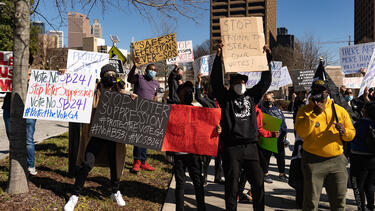
Should Governments Print Money to Make It through the Pandemic?
Central banks should consider bona fide debt monetization—money-printing—to help their governments cover some of the costs of the pandemic, argue Greg Feldberg of the Yale Program on Financial Stability and Aidan Lawson, a former YPFS research associate.

How American Mythologies Fuel Anti-Asian Violence
The wave of attacks against Asian American and Pacific Islander communities over the last year fits into a long history of violence driven by rhetoric portraying Asians as disease ridden, writes Prof. Michael Kraus.
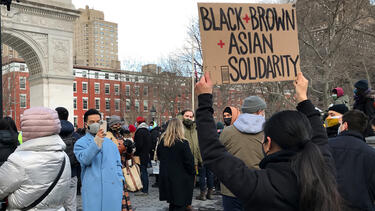
Mapping Our Social Worlds
Prof. Marissa King’s interdisciplinary approach to network science has produced new insights into how people interact and ideas spread. Her new book, Social Chemistry, explains how an understanding of social networks can help solve issues faced every day by individuals, organizations, and societies.
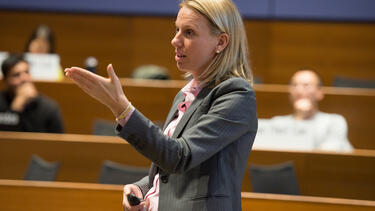
Video: Why You Should Care about the Fed’s Inflation Policy
William English, a former Fed official who is now a professor in the practice of finance at Yale SOM, explains why the Fed shifted its approach to balancing inflation and employment, and what the change means for the economy.

The Practical Game Theorist
Prof. Barry Nalebuff extracts pragmatic insights from game theory to improve the practice of innovation, strategy, and negotiation.
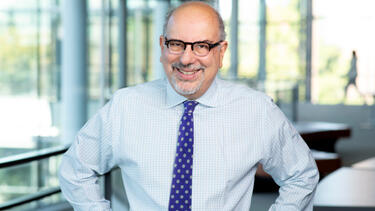
Can Business Leaders Be a Force for Democracy?
In the wake of the presidential election, Yale SOM leadership expert Jeffrey Sonnenfeld hosted three urgent discussions with top CEOs, where they discussed their concern about attempts to overturn the results and made a much-reported pledge to freeze donations to legislators who voted to reject election results.
